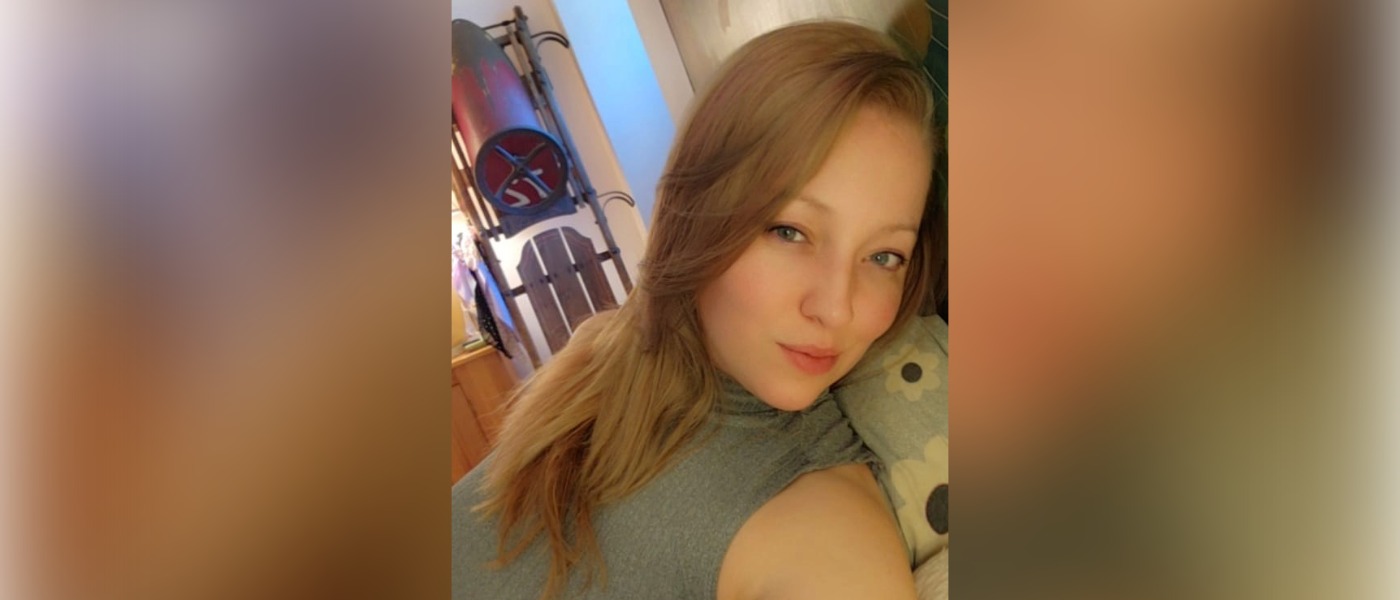A life reclaimed: Remy’s path to recovery

For Remy, alcohol wasn't always the problem. It was the solution. A way to numb the silence, bury the grief and escape the painful memories that had followed her since childhood. By the time she realized the drinking had taken over her life, it was already her constant companion.
"I wasn't drinking to live anymore," she admits. "I was drinking to die."
Raised by a devoted mother who worked hard to make up for the struggles of an alcoholic father, Remy learned early on how to survive. But survival came at a cost. Trauma, loss and unhealthy relationships left her searching for comfort in all the wrong places. She spent years caring for others instead of herself, hoping love or distraction would fill the void.
When she found herself living alone during the COVID pandemic that void grew louder than ever. Alcohol quickly became the way she coped... and eventually, the way she surrendered.
When control slipped away
What started as cases of beer shared with a partner escalated to liquor bottles emptied in isolation. By 2023, Remy was drinking a pint a day, often more on weekends. She convinced herself she could manage it, even as her health and spirit crumbled.
"I thought I could keep up appearances for my family until alcohol finally took me," she recalls.
But when her body began rejecting alcohol, even as her mind demanded it, the truth became undeniable.
"I'd take my first drink of the day and get sick, but I couldn't stop. That's when I knew I wasn't in control anymore," she says.
It was a terrifying realization for someone who had always prided herself on being strong and resilient. Rehab, once unthinkable, became the only path left.
Discovering the right place
In her search for treatment, Remy was drawn to Mirmont Treatment Center, part of Main Line Health, for its unique trauma-informed care options. She knew her healing required more than just detox — it required facing the pain she had carried for years.
"I knew my trauma and my addiction were tied together," she explains. "If I didn't face both, I didn't stand a chance."
With honesty and courage, Remy confided in her family and checked herself into Mirmont's inpatient program in October 2023. When she completed that level of care, she didn't leave treatment behind. Remy transitioned into Mirmont's step-down intensive outpatient program (IOP), a structure designed to provide ongoing support as patients re-enter daily life.
"That IOP counselor turned out to be the same one I'd had during my initial inpatient small group," Remy says. "It was such a full-circle moment."
Finding her voice
Walking into Mirmont's rehabilitation center was both overwhelming and comforting. For the first time in years, Remy felt safe. But she also faced the challenge of breaking through her own insecurities.
"My biggest struggle wasn't detox — it was speaking up," she says. "I've always had this voice in my head telling me no one wants to hear what I have to say."
Through group therapy and activities, she slowly learned to challenge that voice. She found acceptance, validation and encouragement in the community around her.
"Everything at Mirmont — the groups, the activities, the staff — it all worked together to create this feeling of belonging," she reflects. "That's what kept me going."
Leaning on others
Recovery isn't a straight line, and Remy knows that firsthand. After coining out, she admits she experienced a slip. But instead of isolating herself, she leaned on the tools she had gained.
"Within hours, I was at a meeting where I knew friends from Mirmont would be," she says. "That's how you get through setbacks: you reach out instead of closing in."
That decision reinforced the importance of community in her recovery journey, something she still relies on today.
Building a new life
While life in recovery isn't without challenges, Remy's outlook has shifted dramatically.
"The biggest change is that I feel hopeful instead of hopeless."
"I actually believe people care about me and value me. That's something I've never really felt outside my immediate family before."
Her relationships reflect that transformation, particularly with her stepdaughter.
"I still get to be a parent to her. And now I can show up in a way I never could before," she says. "That means the world to me."
Looking to the future
For Remy, the key to recovery is balance.
"It really is one day at a time," she explains. "I try to stay busy without overloading myself. I look for beauty in everyday life and I remind myself to be kind to myself."
She also stays accountable by being present for others in the recovery community. "If I can't show up for myself, it's a lot harder to show up for others," she adds.
Remy now has milestones to look forward to, ones she never thought possible. Next spring, she'll travel to Germany with her stepdaughter for her best friend's wedding. Looking further ahead, she hopes to give back by creating a substance use awareness program at her former school. And someday, she dreams of retiring in the south of France.
For anyone considering treatment, Remy's advice is simple but powerful:
"It's worth it to give yourself the best shot at being happy — and more importantly, at peace. It feels scary at first, but once you start, once you surround yourself with the right people, life gets better. One of my favorite sayings in recovery is: 'Let us love you until you can love yourself.' That's exactly what happened for me at Mirmont."
Take the first step by talking to one of our experienced advisors: Call us at 1.888.227.3898
Related content
 Content you want, delivered to your inbox
Content you want, delivered to your inbox
Want to get the latest health and wellness articles delivered right to your inbox?
Subscribe to the Well Ahead Newsletter.
